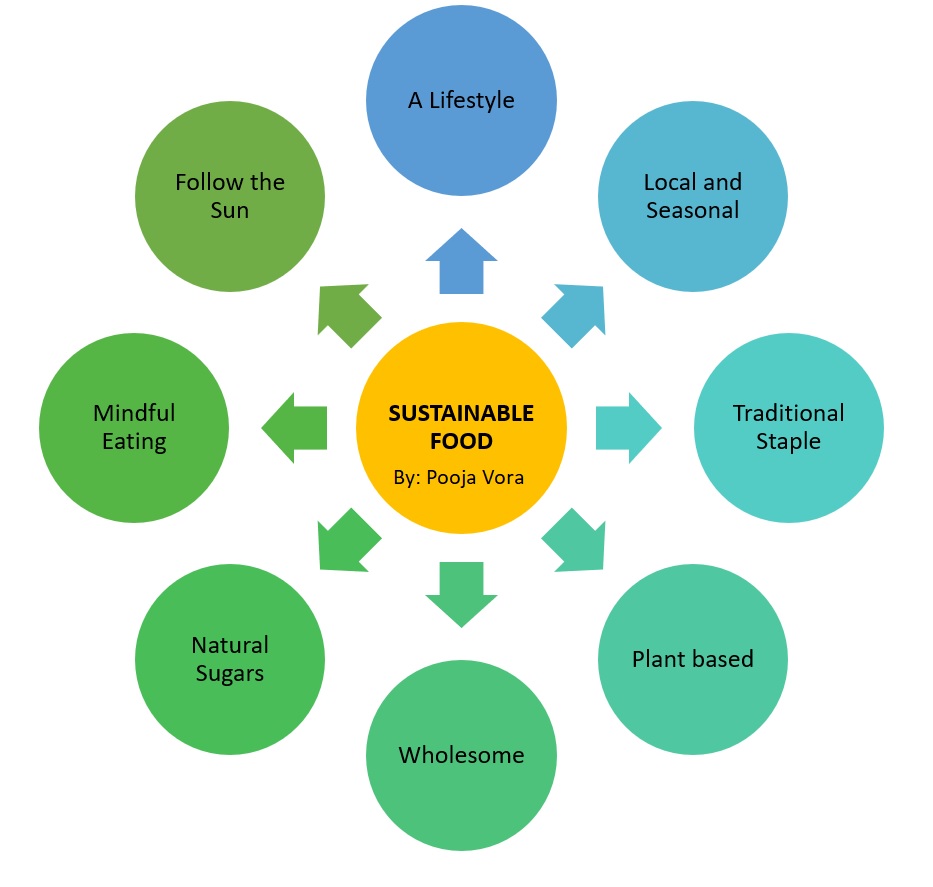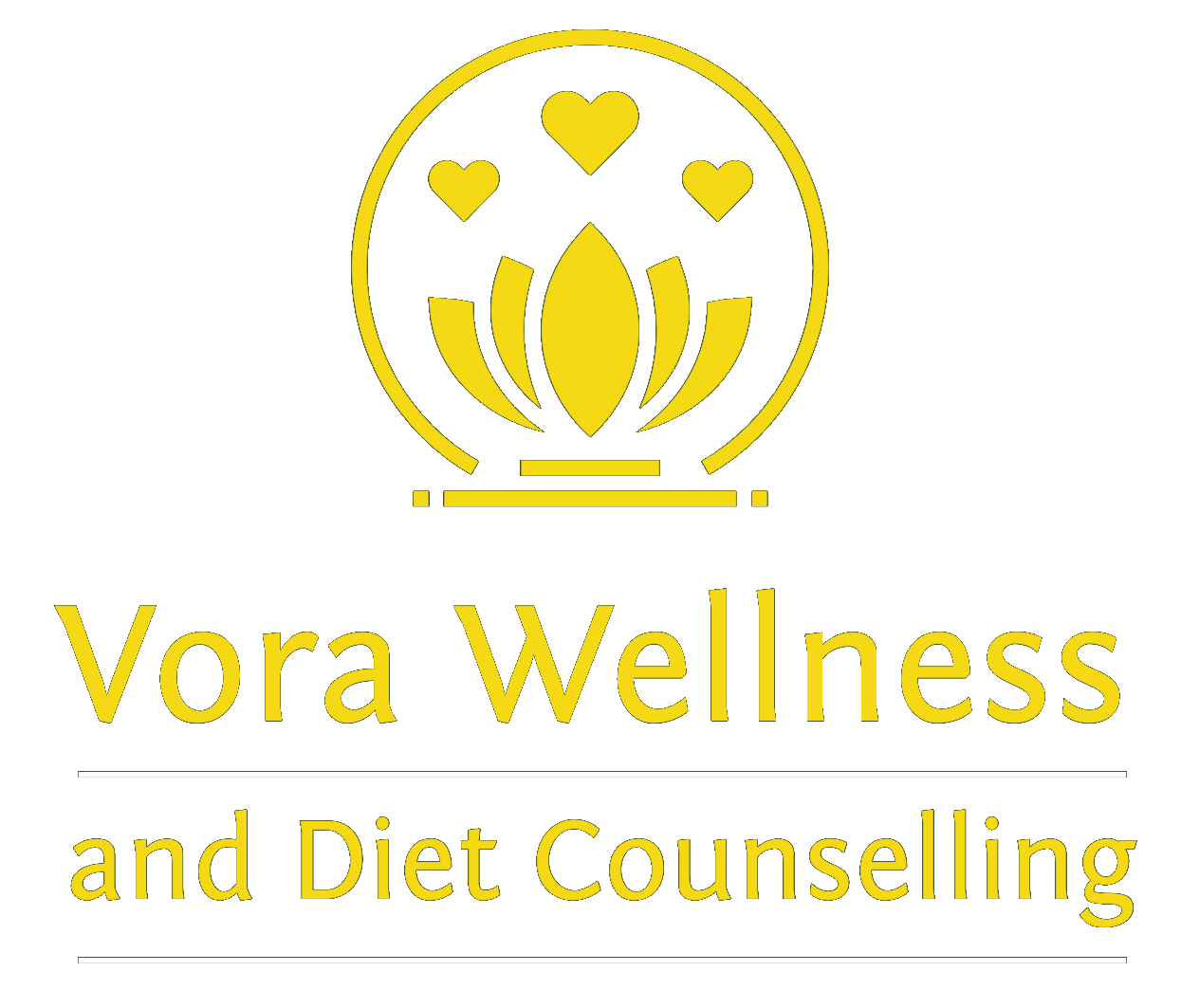
Are Your Dietary Habits Sustainable?
There is a lot of misinformation about diet and nutrition on social media. What makes it worse is that people blindly start following generic advice from unqualified sources from social media. However, they fail to understand that every body type is different and requires specific guidance from qualified experts. Tips about quick weight loss through fad diets end up harming people more than they help.
The sad thing is that even when people are on the verge of chronic obesity (and related lifestyle disorders), they still hesitate to seek proper advice or commit to lifestyle modification.
Extreme diets, even when they help you lose kilograms, have adverse side effects like nutritional deficiency, muscle loss and mood fluctuations.
Diet has been a part of our life ever since we were born. It is not a “program” but a way of life. Therefore, the key question is: Are your dietary habits “sustainable”?
What is Sustainable Diet?
In simplest terms, sustainable diet is the one that you can continue for rest of your life without any special efforts. The food that suits your body’s unique nutritional requirements while being low on environmental impact is sustainable.
Sustainable food is the food that you have been eating from your childhood. It is because this food is cooked with specific methods that are aligned with your regional weather, local food ecosystem and availability.
Raw food in form of fresh fruits, vegetables and local produce is sustainable. Raw food should constitute about 50% of your daily intake. Cook your food on lowest temperature. Steaming is better than boiling. Remove all processed, packaged, tinned, bottled and canned foods from your kitchen since it is not only unsustainable but also has a negative environmental impact. They are dead foods and only transfer toxic materials to our bodies.
Our food should be wholesome. All the food that directly come from plants and trees is wholesome. Mother nature knows the best and there is a reason why she hanged dates on trees and not sugar cubes! To meet your sugar requirements, you can prefer to eat dates and jaggery instead of processed sugar. Similarly, eating legumes, pulses, whole grains and nuts should be preferred over processed flour like Maida.
Sustainable food practices are also about the timing of your meals. When you eat your food is as important as What you eat and how much you eat (portion). Ideally, we should follow the cycle of Sun when eating. This means having dinner as close to the sunset as possible or about 2 hours before the bed time.

So, the next time you come across diet advice or quick weight loss tips on social media, as yourself these key questions:
- Are those tips really good for you? (Can you continue them without any extra effort)
Is the food wholesome and coming from natural sources? - Does sourcing or making of the food have negative environmental impact?
- Does it come from a qualified source?
Stay happy and healthy!
– Pooja Vora
